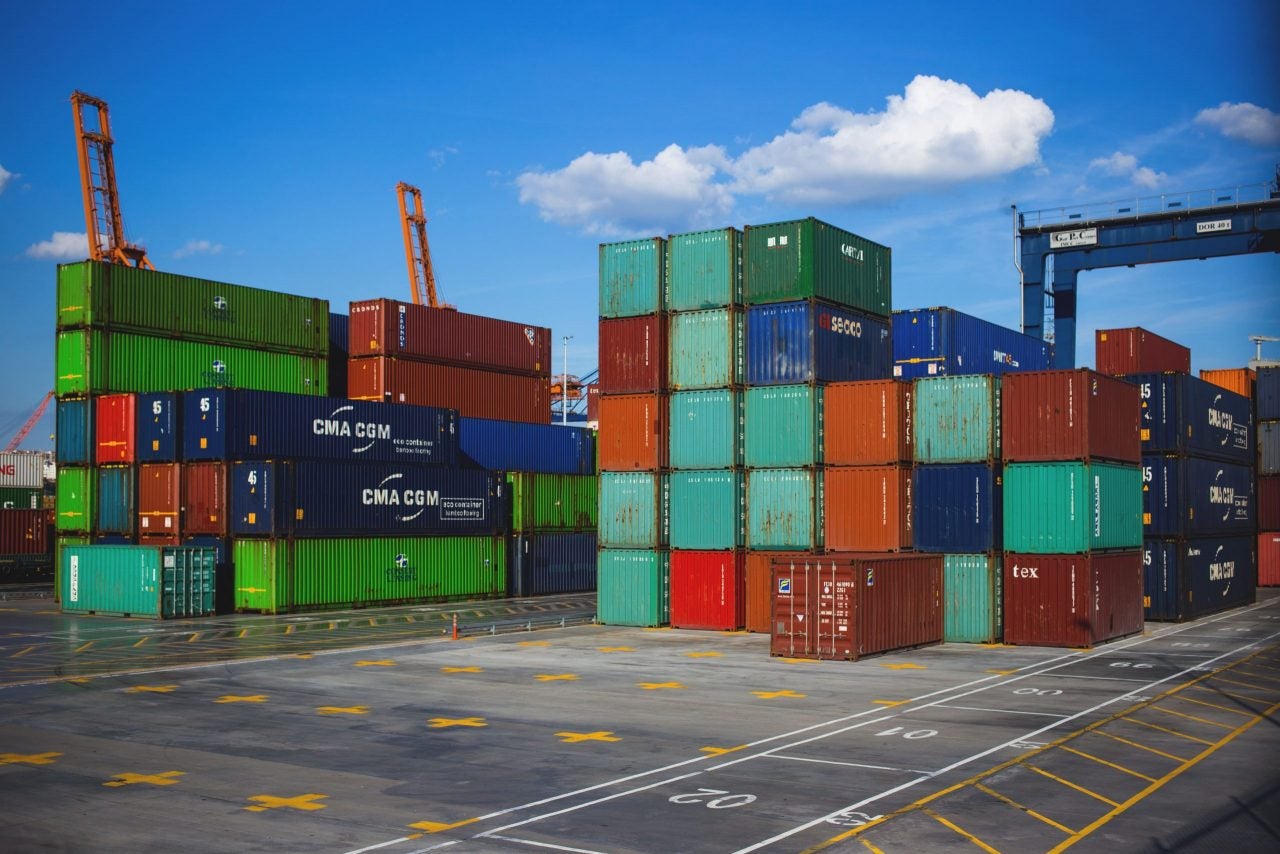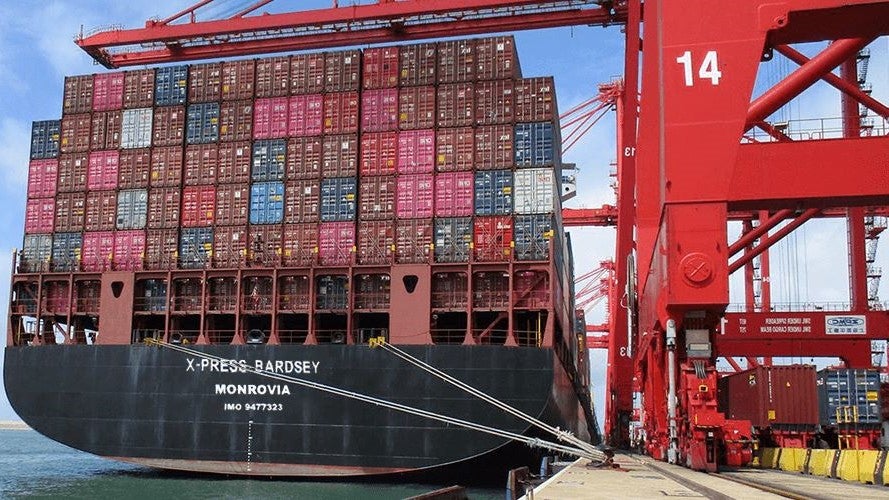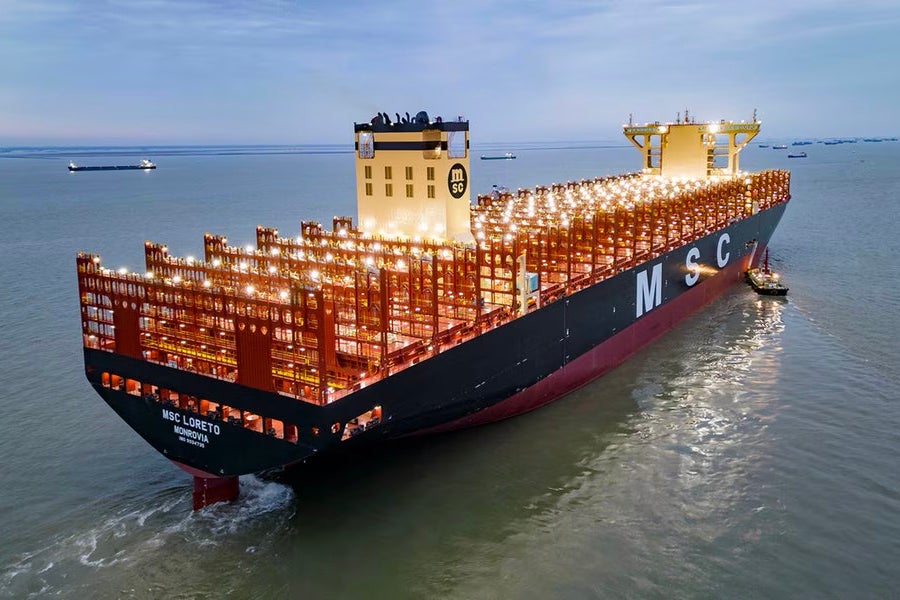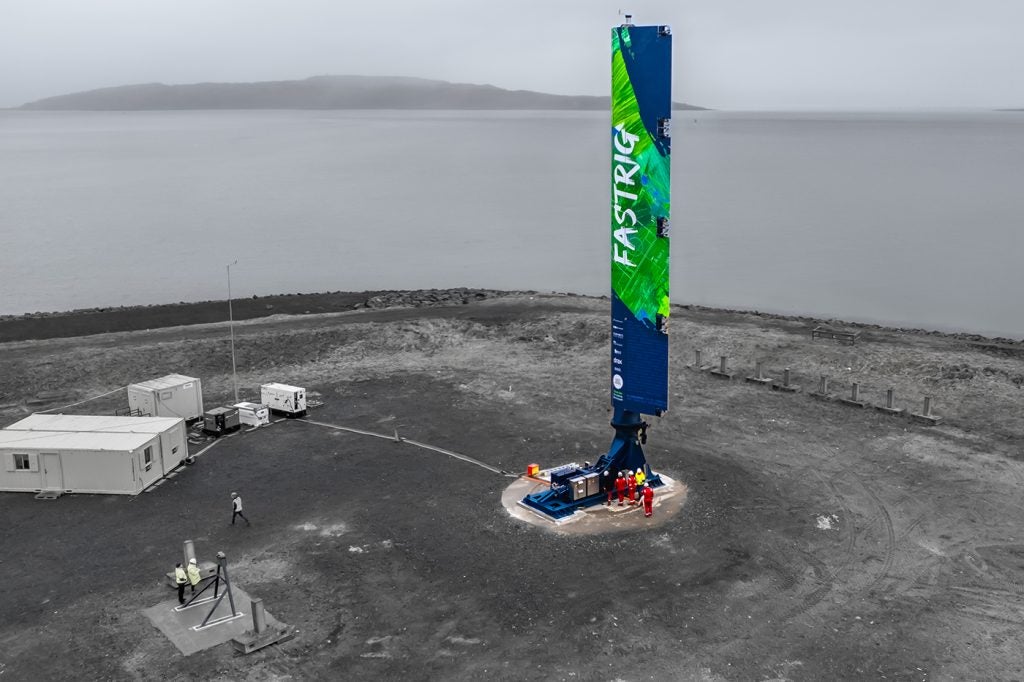
Held between 16 March and 18 March, Intermodal Connect panels presented and addressed a wide variety of topics including the impacts the Covid-19 pandemic has had on the container and shipping industry, sustainability and new technology under development.
Here are some takeaways from the three seminars: ‘Marketing outlook: Has Covid-19 permanently changed the container shipping market?’; ‘Tracking and tracing: The latest smart container technology’; and ‘Disrupting smart shipping: Separating the feasible from the fads’.
USA’s speedy recovery
The introduction of global restrictions due to the Covid-19 pandemic saw the industry being greatly affected when it came to the transportation of goods, availability of containers and goods production.
Social distancing guidelines made it impossible for some industries to open their doors to workers to produce more goods. While some organisations were able to open to allow production, goods were produced at a slower rate due to a reduced workforce.
In the USA, figures show a quicker recovery. This is primarily due to the less severe guidelines compared with the restrictions that manufacturers faced in European locations.
How well do you really know your competitors?
Access the most comprehensive Company Profiles on the market, powered by GlobalData. Save hours of research. Gain competitive edge.

Thank you!
Your download email will arrive shortly
Not ready to buy yet? Download a free sample
We are confident about the unique quality of our Company Profiles. However, we want you to make the most beneficial decision for your business, so we offer a free sample that you can download by submitting the below form
By GlobalDataRenzo Hoefnagels, managing director of transport and logistics at ABN AMRO, discussed this phenomenon in more detail.
“USA is an interesting one because massive amounts of support have been poured into the economy. However, the restrictions were less severe than what we saw in Europe, and that did mean that they were able to keep production going and keep the economy going.” Hoefnagels said. “The output gap and the forecasts of GDP compared to where it is will close more rapidly than we’ve seen before, [and] this will lead to a stronger recovery, and a sooner recovery I would say in the USA.”
The greener post-pandemic future
The Covid-19 pandemic has created many problems, setbacks, and uncertainty for the industry; however, it has had a positive impact on emissions. The resulting economic recession has resulted in a significant reduction in CO2 emissions, contributing to the goals set by climate change panels and activists.
Data shows that standard energy stocks have dropped with many companies such as Maersk saying goodbye to fossil fuel power by ceasing the purchase of fossil-fuelled powered ships, despite the need for more vessels to meet global demand.
With oil prices falling this may lead to a push for a greener, cleaner fuel-powered future within the industry. Hoefnagels touched on this point during the discussion.
“There’s a lot of wishful thinking that we will start in the new green economy worldwide and this pandemic will allow us to cater for that. It can be seen that people are starting to embrace the green world.”
The importance of container tracking
National lockdowns and the constant closure of retail and leisure facilities during the pandemic has seen a customer shift from spending on services to goods, with companies such as Amazon benefitting greatly. One key element of spending with these companies is the availability of tracking.
Once purchased, parcels can be monitored and tracked by using an online website system, QR code or tracking number. This tracking technology has been developed within the container industry with many companies using the full potential of tracking software.
Tracking containers that are transporting goods that are urgently needed globally due to a supply shortage of vital products is more important than ever. Paired with this, the global shortage of shipping containers has highlighted the need to know where containers are located at any given moment further.
Lee Mabie, vice president of strategy, product development and marketing at Wireless Maritime Services, developed this point during the seminar ‘Tracking and tracing: The latest smart container technology’.
“Companies that have invested in digital technology ahead of the pandemic are benefiting from this and [are] seeing one of the things that was once theoretical now being applied to real-world examples. To manage risk is an important reason to invest in technology.” Mabie said. “For the past few years there’s been talk of digital transformation coming to the industry I think we’re here I think we’re at that point.”
Introduction of greener containers
The topic of supporting a greener, cleaner environment with help from the industry was highlighted during ‘Disrupting smart shipping: separating the feasible from the fads’.
Maritime shipping emits around 940 million tonnes of CO2 annually and is responsible for around 2.5% of global greenhouse gas emissions, according to an International Maritime Organisation study. Reducing CO2 emissions is increasingly urgent.
The presentation was led by People Technology Solutions co-founder Sotirios Ptochos, who presented the company’s new green shipping container solution, Container 2.0.
The container, which the company claims is the “most environmentally friendly and smart intermodal container on earth”, is made from 100% recycled material, making it more hygienic and sustainable than standard shipping containers currently in circulation.
One key factor which makes Container 2.0 unique is the integration of smart technology, compared with most standard containers that use additional third-party technology.
The technology allows for 24/7 global tracking, alarms and notifications and supports OpenAPI, allowing for easy integration with existing software.
“We can see conditions such as temperature, humidity, location, door open and close, cargo load and unload so we have proof of delivery. All of this can be monitored 24/7, and of course, you have global tracking.” Ptochos said. “All of these are based on OpenAPI; the device, the container can transmit information to any information system.”
As Container 2.0 uses 100% recycled materials such as recycled aluminium instead of wood, it takes the industry one step closer to a reduction of natural resource use. The company estimates that more than 200 million trees would be saved per year.







